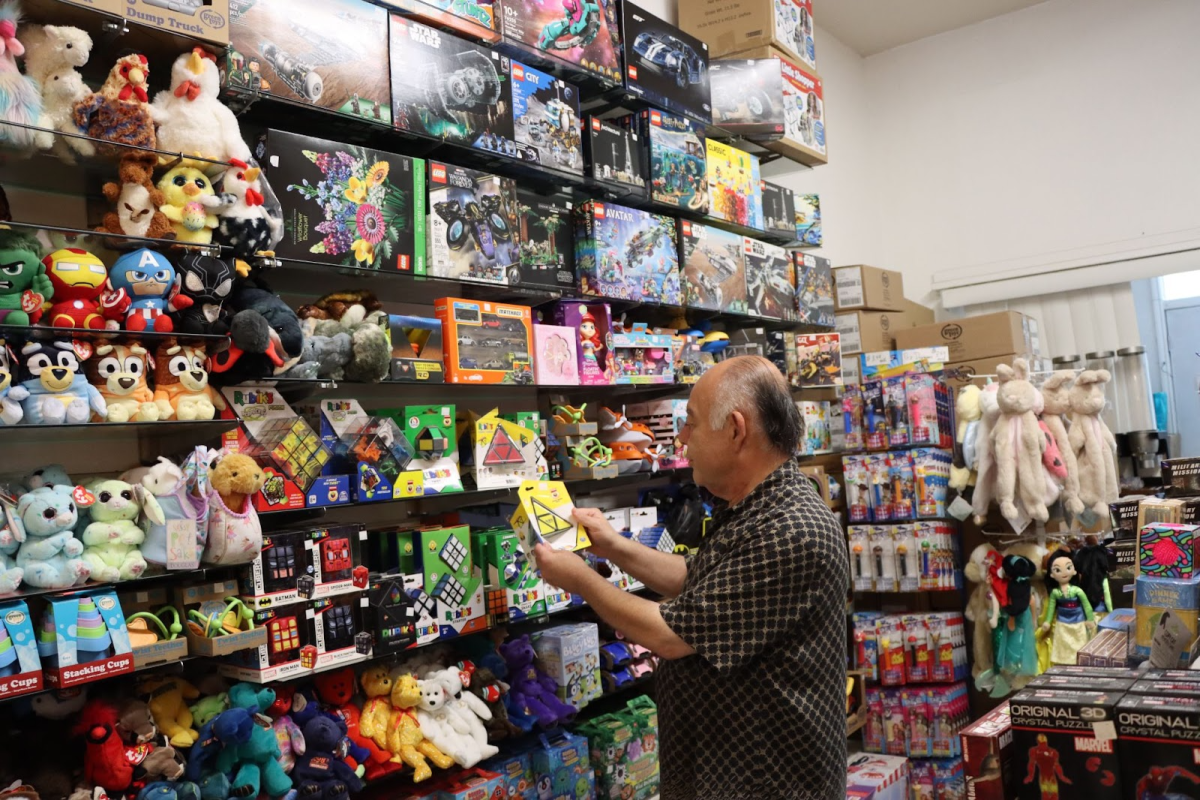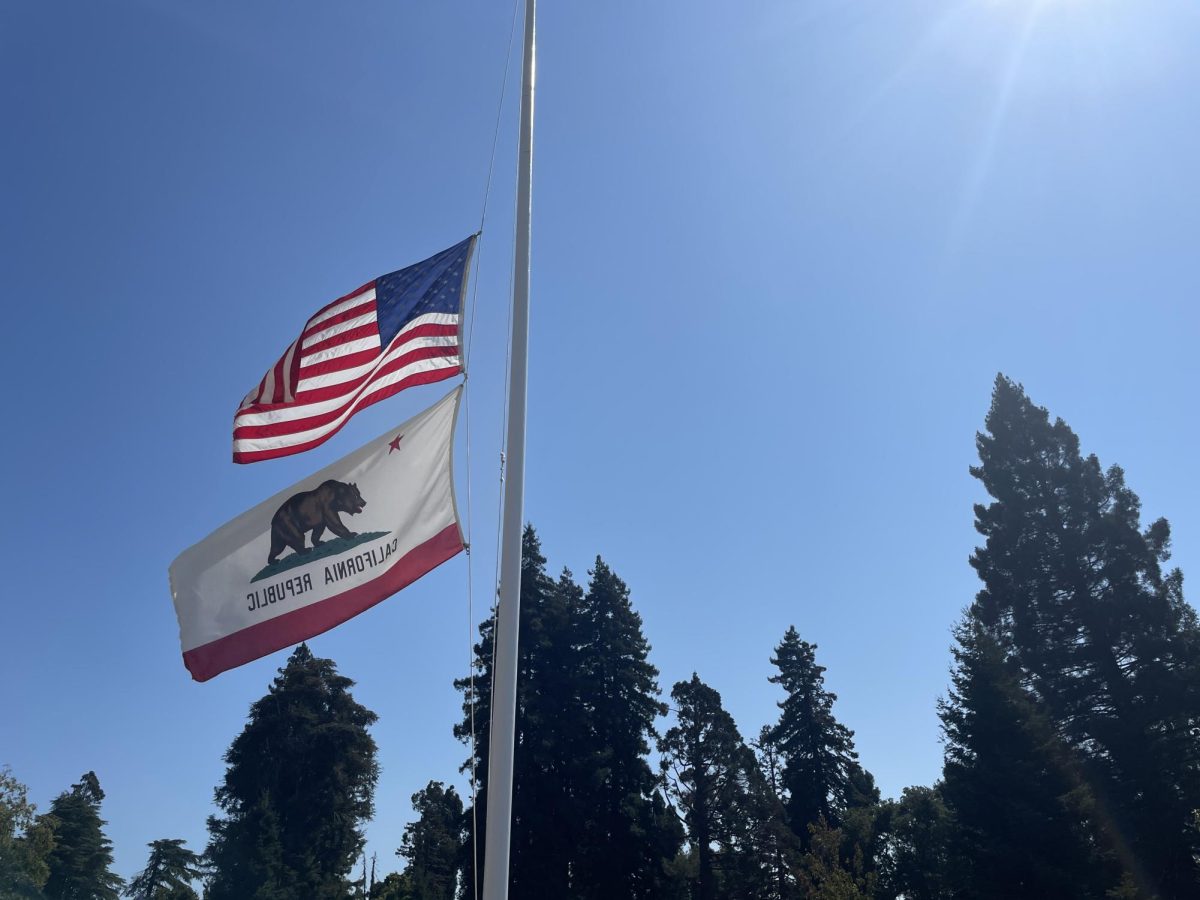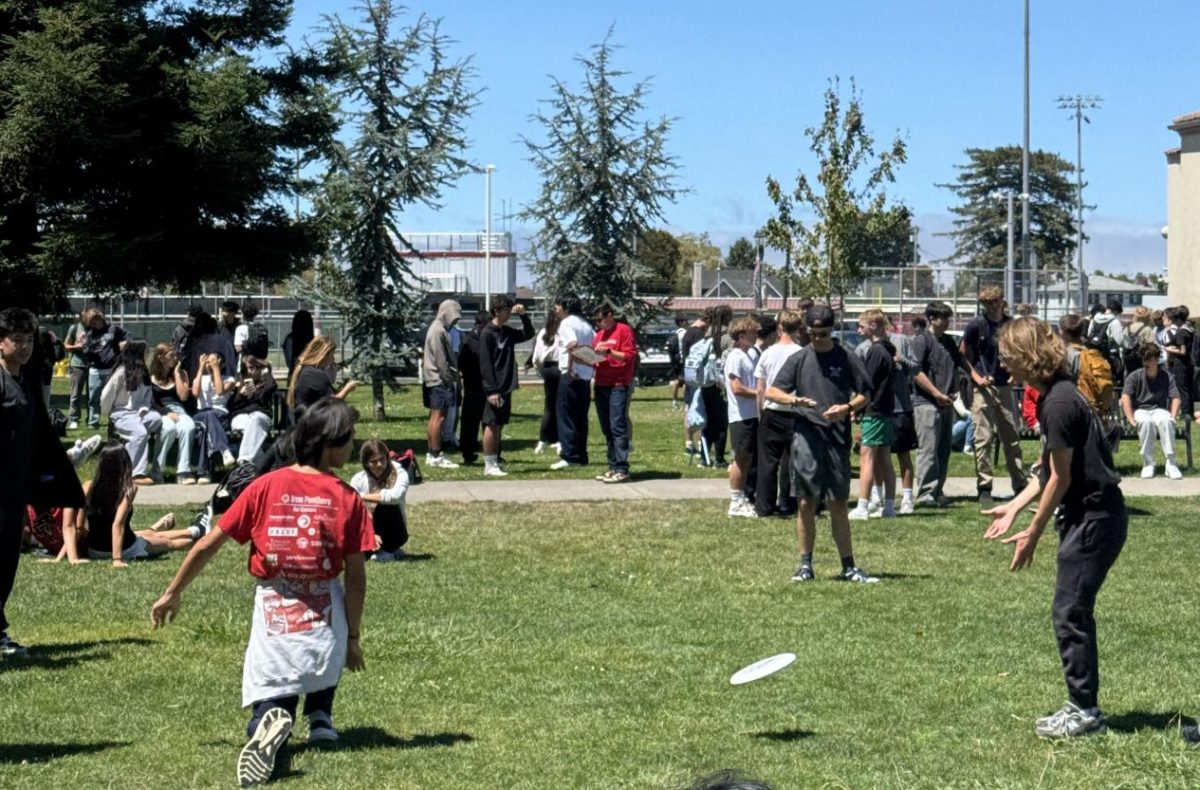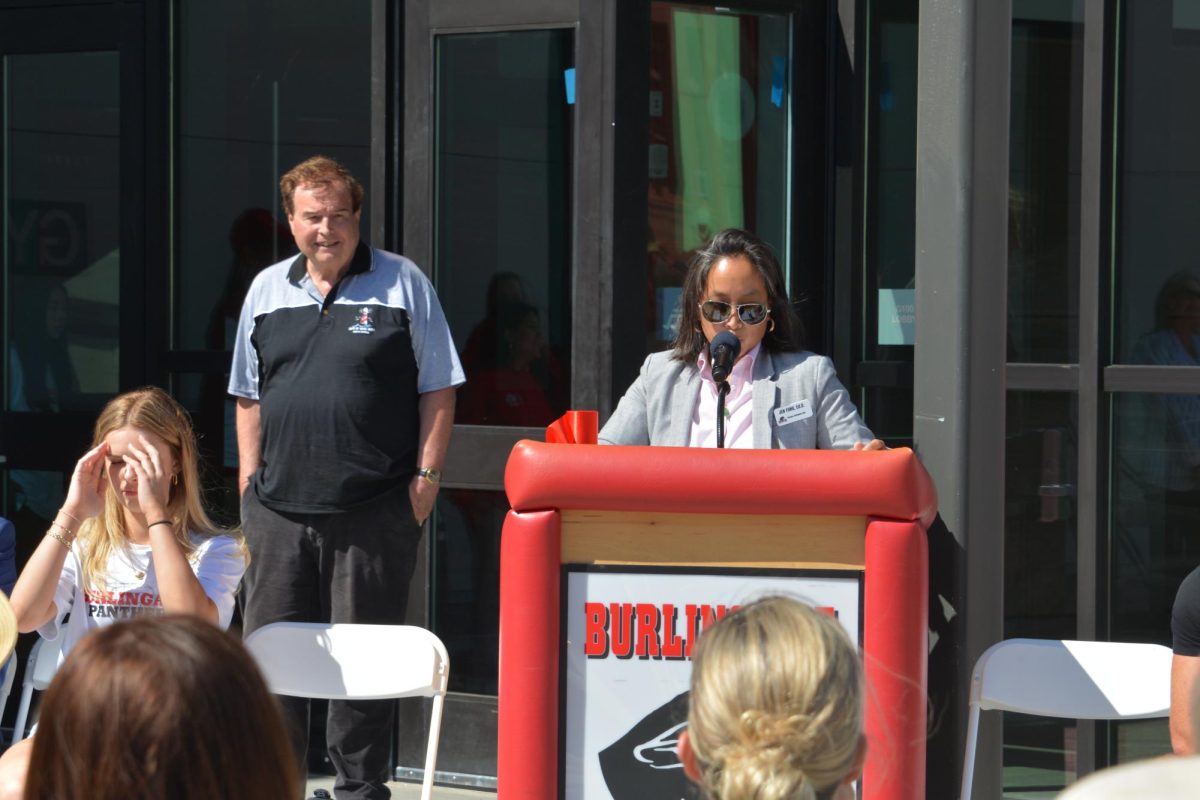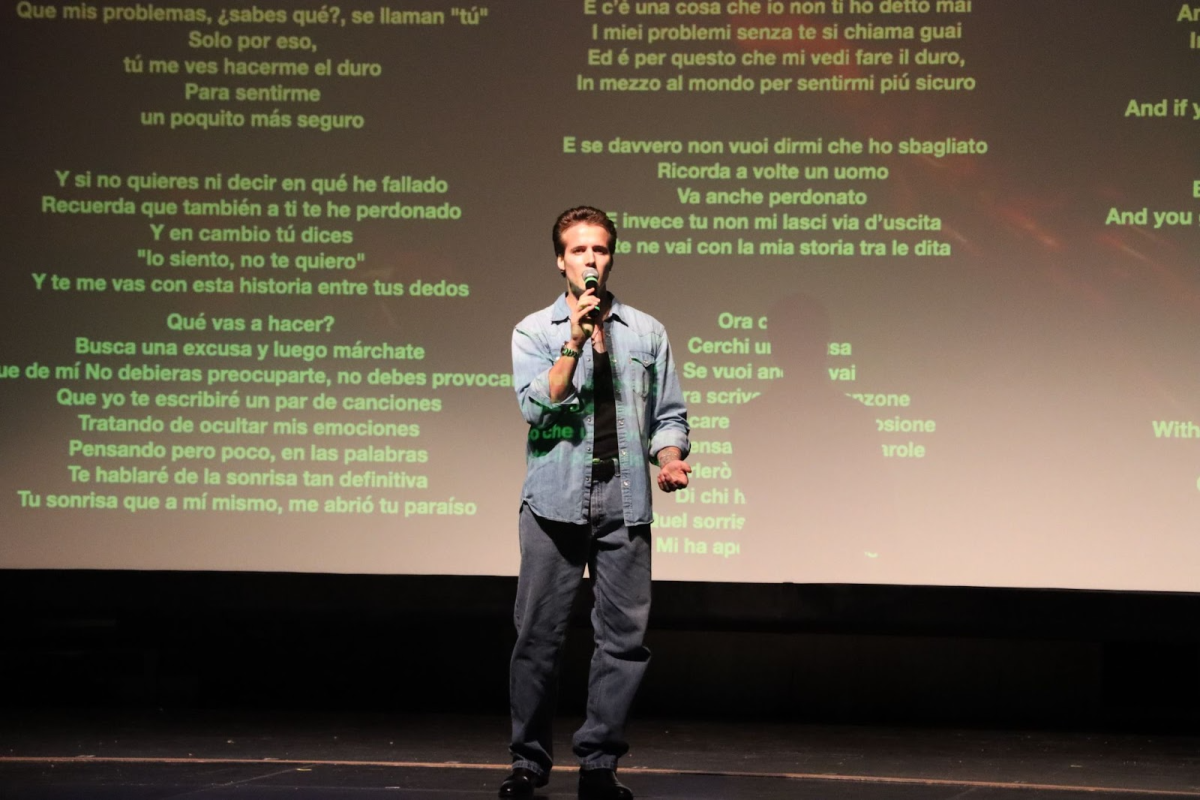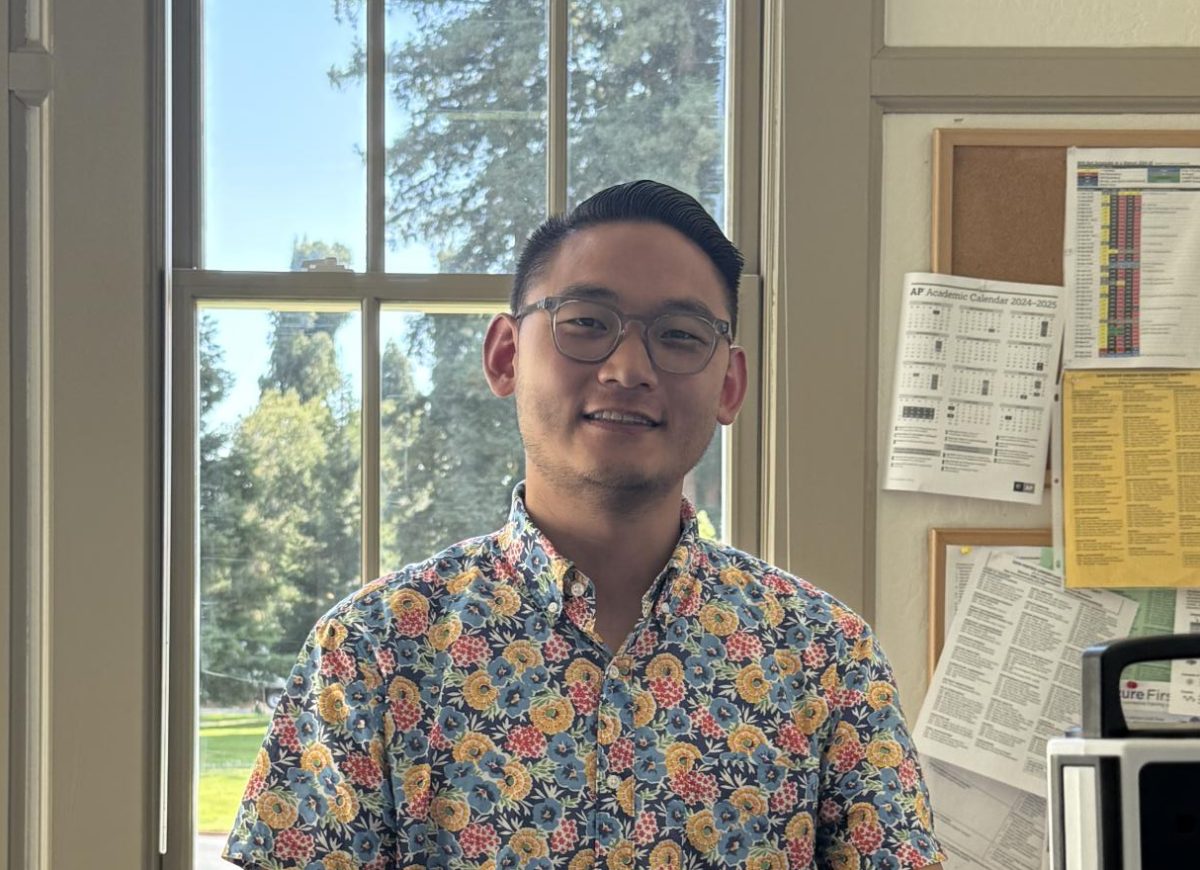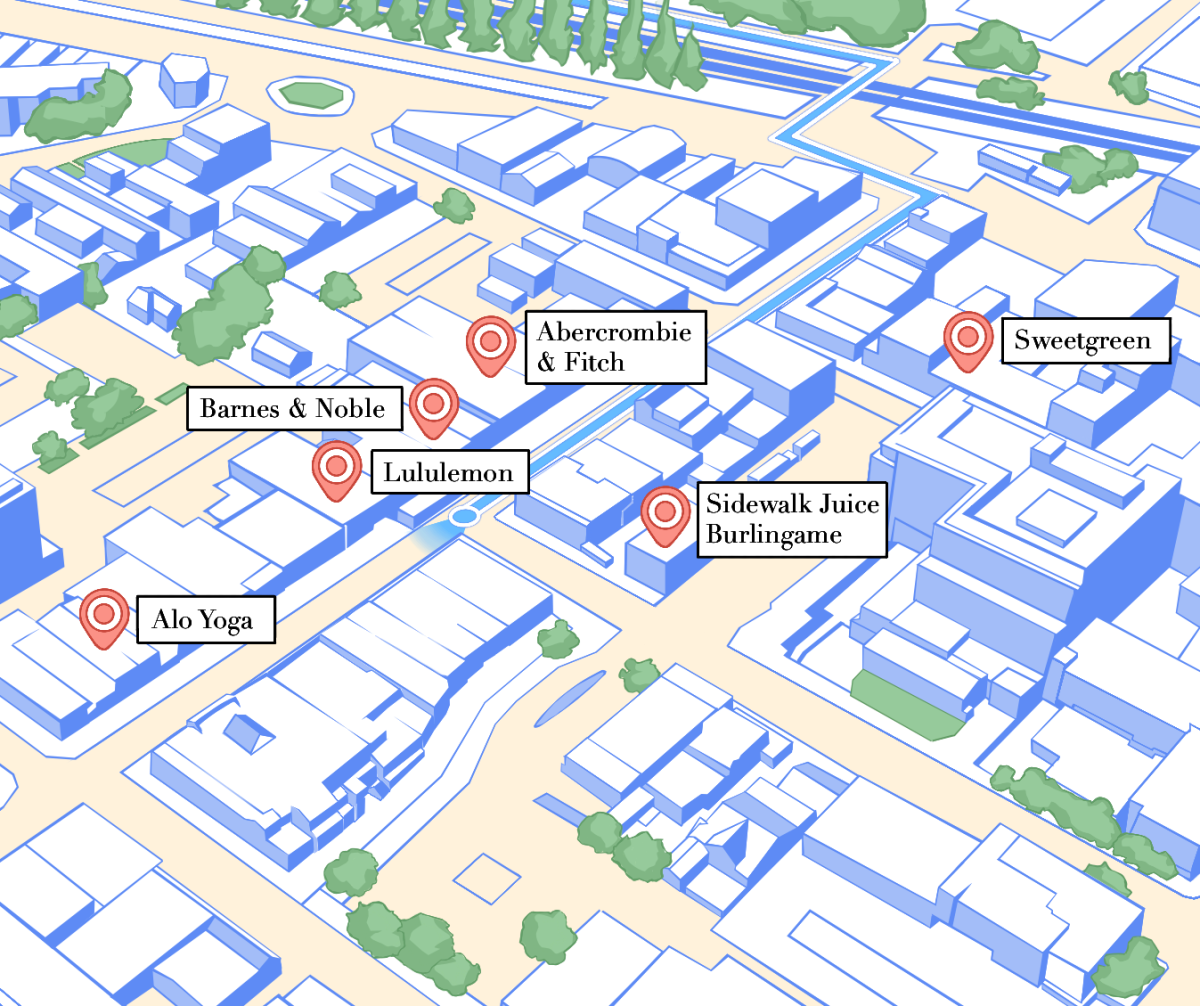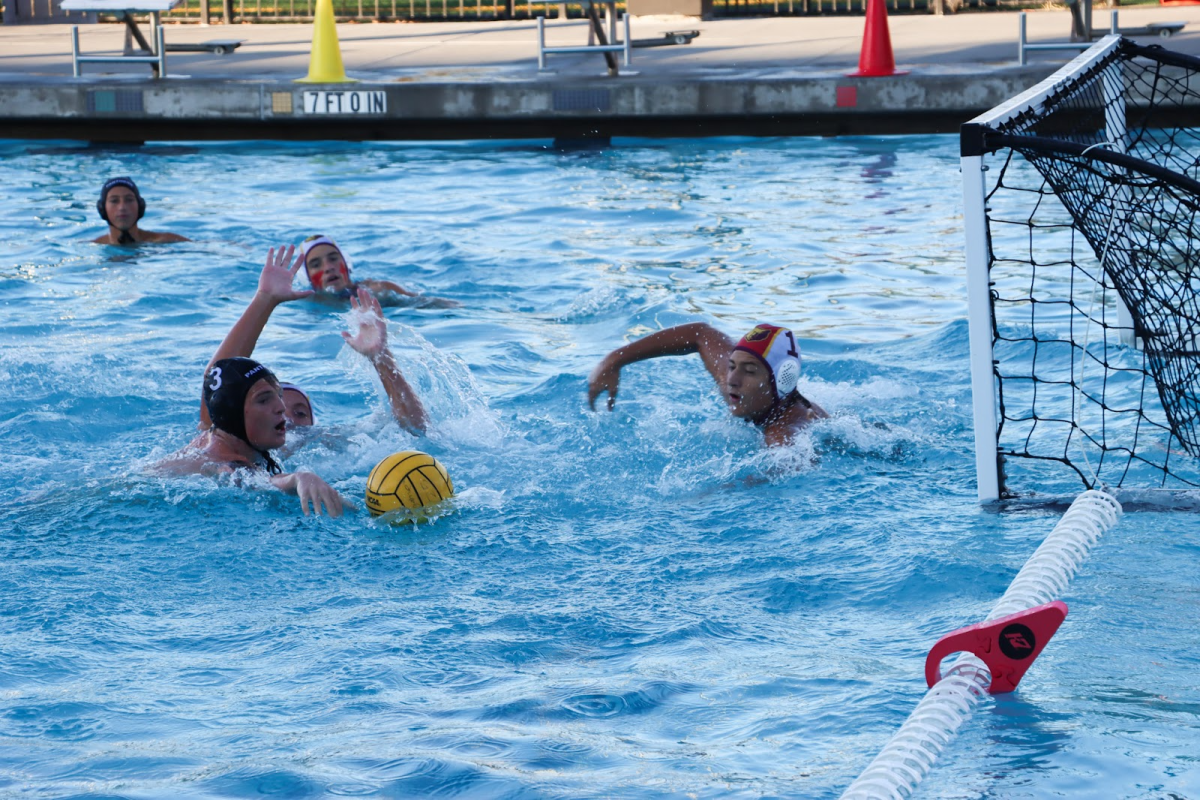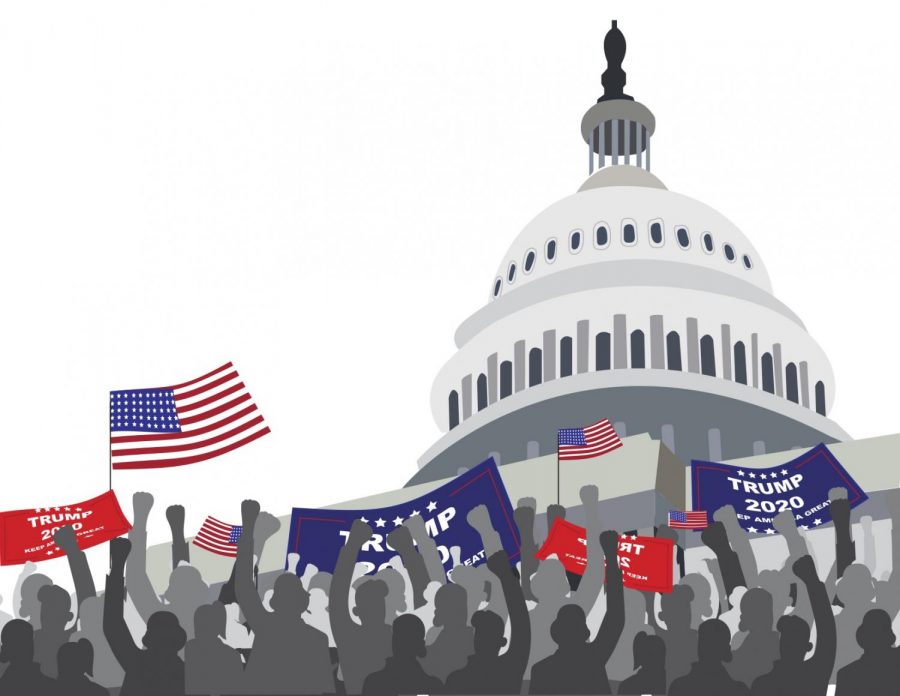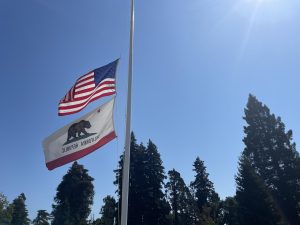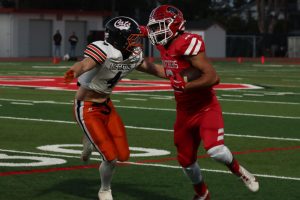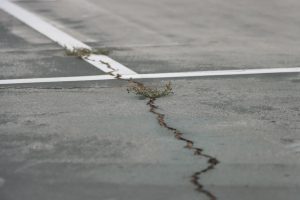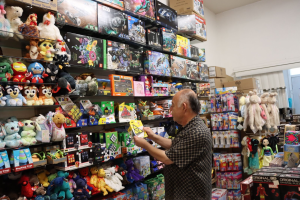Perception of Capitol attack warped by life under Trump administration
Trump supporters storm the Capitol on Jan. 6 in hopes of stopping the electoral vote.
January 12, 2021
Watching the photos and news updates roll in as protesters stormed the Capitol building on Wednesday was certainly alarming, but not entirely shocking. Staring at the photos felt like a fever dream: half-naked men, their faces painted red, white and blue parading through the halls of our Congress. Angry protesters brandished Confederate flags and posed for selfies in the seats of our most powerful legislators. Sheltered in our progressive Bay Area bubble, the commotion was a distant reality — threatening, but no match for the foundation of our democracy. The Capitol has been breached only twice since our founding, making Wednesday a monumental event in our history, yet it felt like just another day in Trump’s America.
As students, our understanding of modern politics is based almost entirely on our experience living under the Trump administration. When Trump entered office, the youngest members of our staff were in fifth grade, the oldest were just finishing middle school. Our formative years have been narrated by reality TV-like coverage of a president who has normalized hateful rhetoric, incited violence against peaceful Black Lives Matter protesters and ignored centuries of precedent. In a final hurrah, he has spent the past two months tirelessly contesting the results of an election that courts have unanimously deemed fair, and encouraging his supporters to join his fight to further erode faith in our democracy.
Our memories of the Obama era are hazy, and the Bush presidency is even further removed. During the Trump administration, we were, for the first time, fully aware of a leader’s words and actions — their meaning, their perception and their consequences. Reading about previous administrations in our history classes does not lead to the same insight into modern politics that monitoring the steady stream of Tweets and coverage of the outrageous interviews does. As journalists, we feel a responsibility to pay attention to the news, but the attack at the Capitol didn’t shock us. It wasn’t ignorance that engendered our indifference; we gained our sea legs long ago and are now navigating the next wave of terror in a sea of insanity.
In eight days, Trump is set to leave office, but in his wake remains simmering tension spanning thousands of miles, leaving no family untouched by this partisan divide. Over the next few years, current Burlingame students will transition into the responsibilities of adulthood, and politics will be central to those duties.
Our parents remember how the shared grief of 9/11 united our country partisanly — and so our generation recognizes that day, not just as a moment of terror, but as a moment of solidarity. It is imperative that we comprehend and pay attention to how truly unprecedented and unique this situation is, so we can change the current politics in our country. Our generation is beginning to assume political responsibility and will be in charge of leading our democracy in a few short years. In a country so closely split along party lines, with a portion of the population that does not fully accept the results of our democratic process, this divisive political sphere will only continue to grow. As high school students, if we want to uphold the ideals of democracy that our country was founded upon for future generations, it will be up to us to decide between ignorance or unity.


